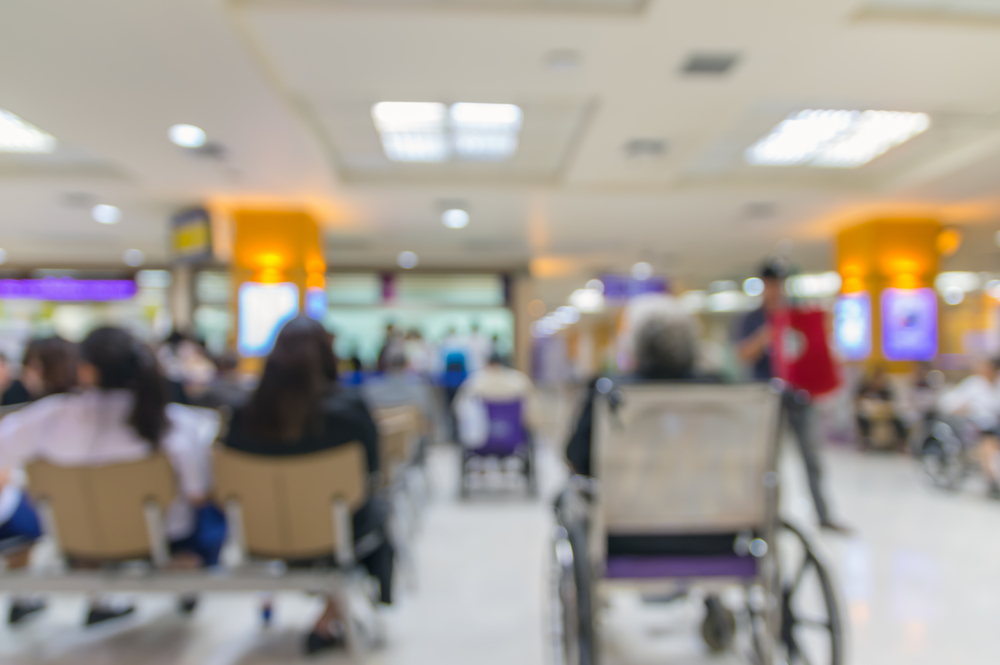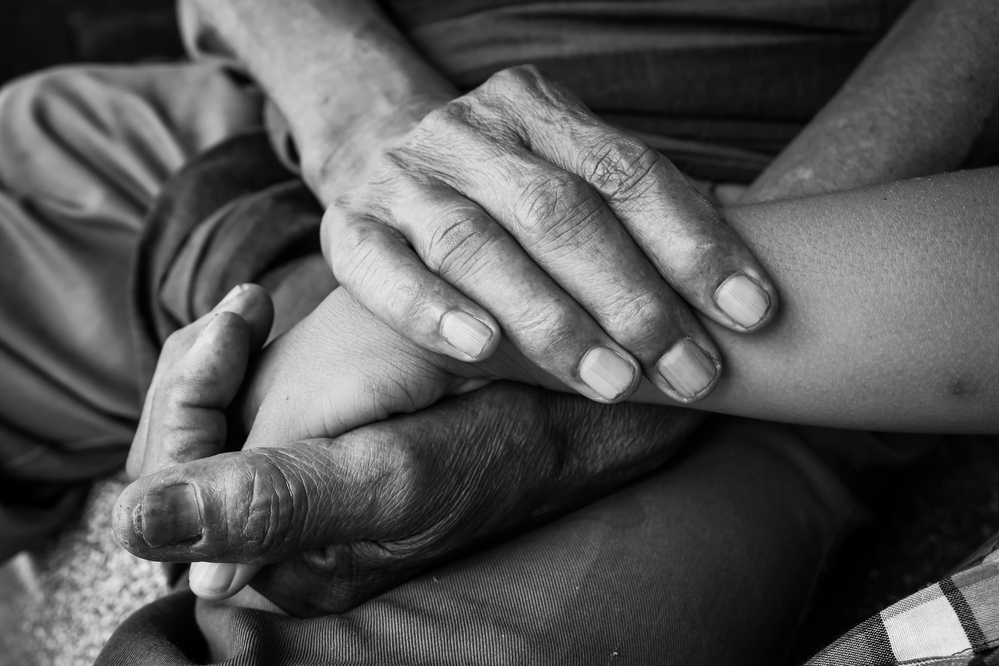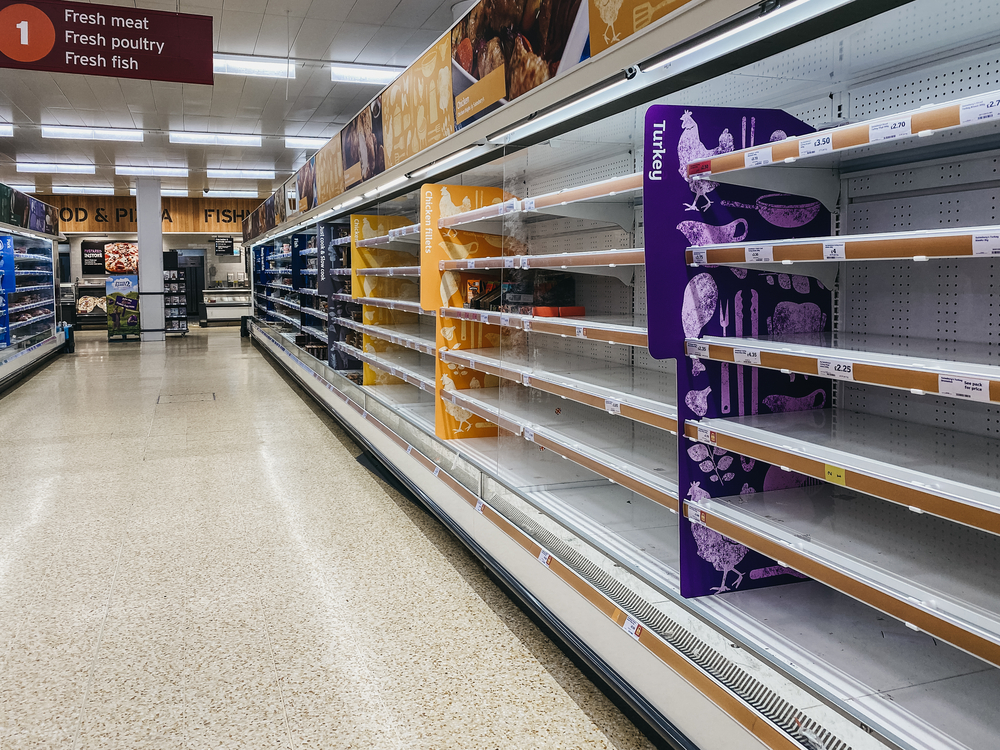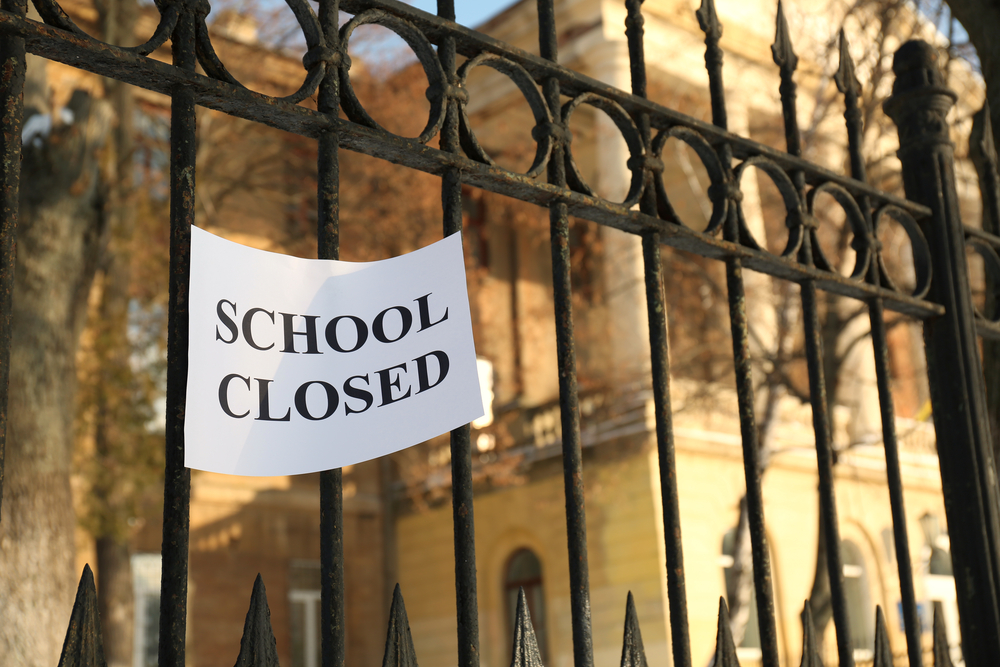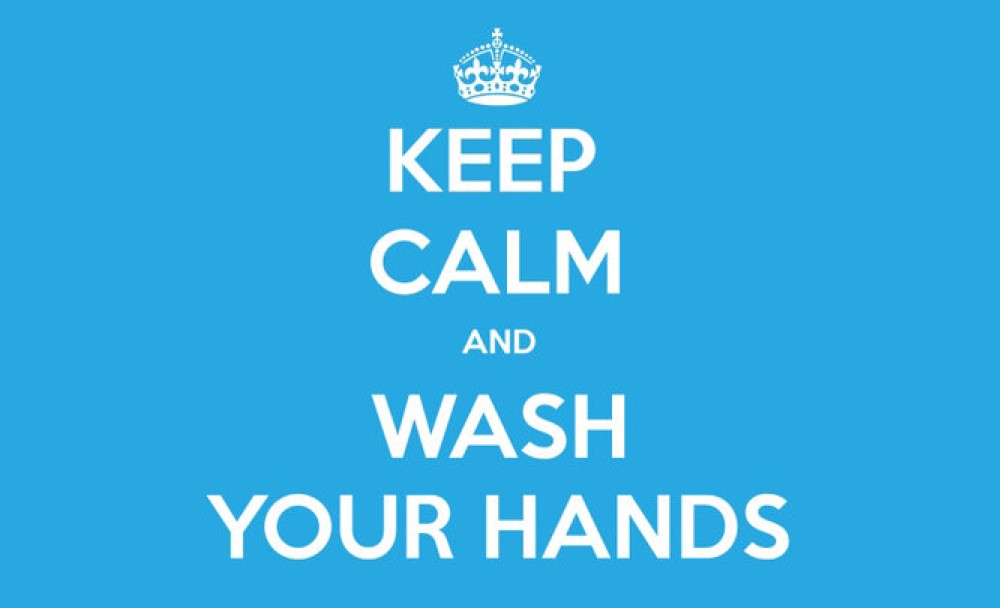When facing rationing health care resources, how can we ethically make decisions regarding directing care? In answering, we may attend to a famous thought experiment that brings out the tensions of making choices facing lose-lose options: The Trolley Problem. Originally articulated by Philippa Foot in 1967 in order to draw out tensions in utilitarian moral frameworks, this thought experiment has highlighted distinctions in common moral intuitions in domains from bioethics to military ethics. The classic trolley case was posed in a series of cases that press on whether considering the consequences of a presented choice is the correct deliberative path:
“Suppose that a judge or magistrate is faced with rioters demanding that a culprit be found for a certain crime and threatening otherwise to take their own bloody revenge on a particular section of the community. The real culprit being unknown, the judge sees himself as able to prevent the bloodshed only by framing some innocent person and having him executed. Beside this example is placed another in which a pilot whose airplane is about to crash is deciding whether to steer from a more to a less inhabited area. To make the parallel as close as possible it may rather be supposed that he is the driver of a runaway tram which he can only steer from one narrow track on to another; five men are working on one track and one man on the other; anyone on the track he enters is bound to be killed. In the case of the riots the mob have five hostages, so that in both examples the exchange is supposed to be one man’s life for the lives of five.”
This last case has been taken up as The Trolley Problem: a runaway tram must be directed either towards a track with five working men on it or a track with one man on it. Each case is presented in terms where the decision is between an action that results in the deaths of five or the death of one.
Morally relevant features in the deliberation favor different schools of thought in ethics: the consideration in favor of minimizing lives lost highlights the importance of the consequences of the choice, diverting the tram at all may speak to implicating an agent in the deaths (however many result), or, on the other hand, we may think that facing the choice implicates the agent whether she acts or not, or that making a choice between the paths qualifies vicious or problematic because it suggests that lives can be reduced to figures and statistics instead of adopting an appropriate respect for the incommensurate value of human lives.
The confounding tension of these (and likely other) morally relevant features in the trolley problem makes it an ethical puzzle that has stuck with philosophers and non-philosophers for decades. Though it was originally presented to draw out the tensions between favoring the morally relevant consequences of an act and any other features, the difficulty in squaring our explanation for the morally permissible response to cases like the trolley problem has led to various interpretations of moral intuitions and ethical principles in their own right.
For instance, Foot uses the case to discuss the Doctrine of Double Effect, which dates back to Thomas Aquinas in the history of “Western” philosophy. It draws a distinction between what you aim to do and the side effects of your action. If your aim is morally permissible, but it has morally bad effects, the Doctrine of Double Effect delineates when such actions are permissible. If you foresee negative side effects of your choice, but they are not part of your aim, then your choice is morally permissible. If the morally bad effects of your action are part of your aim, or are a necessary part of achieving your aim, then we attribute the effects to your action and it is not morally permissible.
Thus, if you redirect the tram to collide with one person rather than five, this would qualify as a morally permissible action because your aim is not to kill the one person, rather it is to save the five people (or to minimize deaths), and the death of the one person is a foreseen side effect. If the one person did not die, all the better, from the perspective of your aims and choice.
Between consequentialist reasoning (minimize deaths!) and principles like the Doctrine of Double Effect (bad effects are permissible as long as your aim is good and outweighs the bad!), there are multiple ethical frameworks that can make sense of permissible harm, even deaths, that result from one’s actions.
The healthcare choices facing the medical community in Italy are reaching a selection framework similar to the trolley problem. In the case of triage, or prioritizing some patient care over others, the side effects are clearly unfortunate; some people will not be receiving care that they need. Typically, decisions regarding triage prioritize care roughly in terms of first-come, first-served mitigated by severity. But when resources become extreme in terms of scarcity, or conditions become extreme in terms of survival, the stakes change. On battlefields and in the conditions we are seeing in Italy, the situations of need are such that physicians are facing incredibly difficult rationing decisions. By giving resources to one patient, they can anticipate others experiencing significant harm, deteriorating health, or even death.
The reality of the effects of COVID-19 in Italy is that resources have become incredibly scarce remarkably quickly. Resources include staff time and intention, materials like masks and respirators, and space like beds and rooms. There are limited amounts of each, and decisions regarding how to allot them are particularly fraught when lives are at stake.
In an opinion article for the New York Times, medical experts articulated the difficulty facing physicians:
“The goal should be saving as many people as possible, and treating those who are likely to get the greatest benefit from care. This will mean that treatment cannot be allocated on a first-come-first-served basis, as it normally is. Traditionally, patients on ventilators are not displaced for other patients, and later arriving patients can be turned away in a shortage.
But in the coronavirus pandemic, business as usual would make patients with a good prognosis if treated suffer for want of treatment, while patients who arrive earlier but have a grave, or even hopeless, prognosis would receive treatment. Under that standard of care, more lives would be lost.”
The advice here adopts a standard of care that aims to maximize lives saved, similar to the majority of respondents to the Trolley Problem. In crises like the one affecting areas currently hit hardest by this pandemic, the calculation that saves the most lives means an alteration in how we ration care, in how we triage.
A major concern is maintaining the health of those professionals who are treating the ill. Thus, the role of the patient will play a large role in allocating health care. The perennial press for the Trolley Problem is what the physicians are currently facing: “What if the one person on the tracks opposite the five is the leader of a country?” “What if the one person is in charge of their family?” “What if the one person is a doctor?”… Unfortunately, this last question is particularly pertinent. As health care professionals treating the ill are currently in high demand, it is crucial to keep them healthy. Keeping one health care worker able to serve the ill population has ripple effects for the health of the community.
Deciding which principles to adopt in order to protect the health of our communities in the face of this pandemic are going to be difficult. The decision to withhold care is heart-wrenching, and should put pressure on our global community to increase the resources available to those in need to reduce the necessary triage and rationing. Indeed, that is almost always a response when the Trolley Problem is posed – surely, there’s a way out of making this decision. We have a moral obligation to help one another, and as Italy is part of the EU, perhaps the EU is specially positioned to provide aid and resources (and is, perhaps, failing in this duty).

